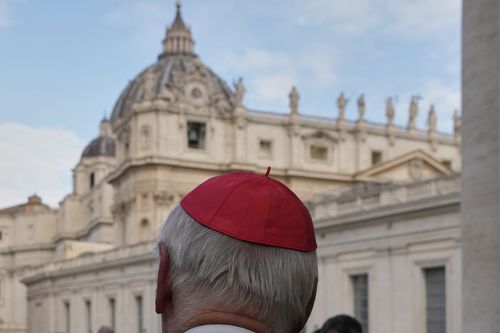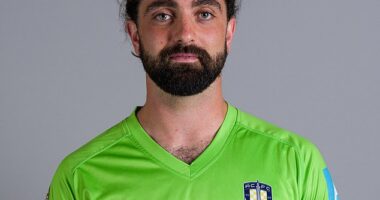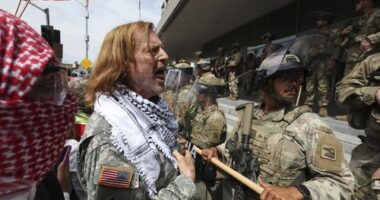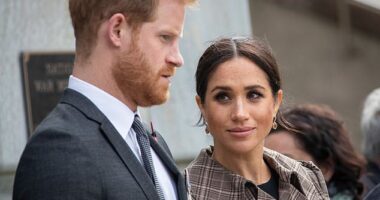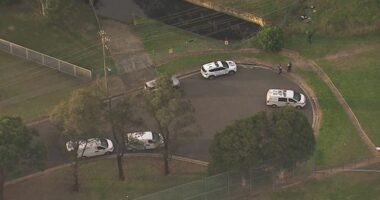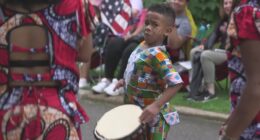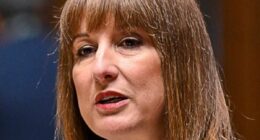Catholic cardinals have decided to commence the conclave to select the next Pope on May 7, extending the beginning of the secret balloting by 48 hours. This delay aims to facilitate better acquaintance among the cardinals and foster agreement on a suitable candidate before they seclude themselves within the walls of the Sistine Chapel.
The announcement of the conclave start date came after the cardinals gathered for initial informal discussions following the funeral of Pope Francis. Amid a flurry of activity, journalists clamored to glean insights on the prevailing ambiance and the level of harmony among the cardinals. A reporter from an Italian comedy show persistently inquired about the voting eligibility of an Italian cardinal previously found guilty by the Vatican’s judicial system for financial offenses.
Argentine Cardinal Ángel Sixto Rossi, a 66-year-old prelate from Cordoba elevated to cardinal status by Francis in 2023, expressed, “There is an aspiration towards unity,” reflecting on the prevailing sentiments among the cardinals.

While Francis stacked the ranks with his cardinals, it is not necessarily the case that all of them will want to see the church continue in his image.
On Monday morning, any glimpse of a red cap appearing along St Peter’s Square’s stately colonnade set journalists running with cameras and voice recorders aloft to capture the mood inside.
Italian Cardinal Matteo Zuppi, considered a contender to be the next pope, navigated the scrum of converging journalists with humor, joking that he was “holding his breath” as the microphones and cameras surrounded him all the way to the Vatican gate.
Nigerian Cardinal John Olorunfemi Onaiyekan, the emeritus archbishop of Abuja, was asked if the African cardinals were coalescing around a particular candidate.
African bishops had made a remarkably united stand last year against Francis’ outreach to LGBTQ+ people, refusing to implement his declaration allowing priests to offer blessings to same-sex couples. Given such a stand, there is some speculation that the 18 African cardinal electors could help block a progressive candidate from emerging.
“We have not come here for a political rally. We have come to get a pope out,” said Onaiyekan, who at 81 is too old to vote but can have a role in influencing how younger electors might.
Asian and Latin American voices
Indian Cardinal Anthony Poola, the 61-year-old archbishop of Hyderabad, said he had experienced a sense of unity among his fellow cardinals but allowed that “anything could happen”. As a relatively young cardinal, Poola is one of four Indian electors who will participate in the conclave, three of whom, including Poola, were named by Francis.
“Anyone who is coming up must be the successor of St Peter, and we all hope that he will be a good pope,” he said.
Rossi, the Argentine cardinal, said he hoped that Francis’ message of “mercy, closeness, charity, tenderness and faith”, would accompany them in finding a successor.
But he acknowledged the job was daunting. Asked how he felt about participating in his first conclave, he responded with a laugh: “Afraid.”
